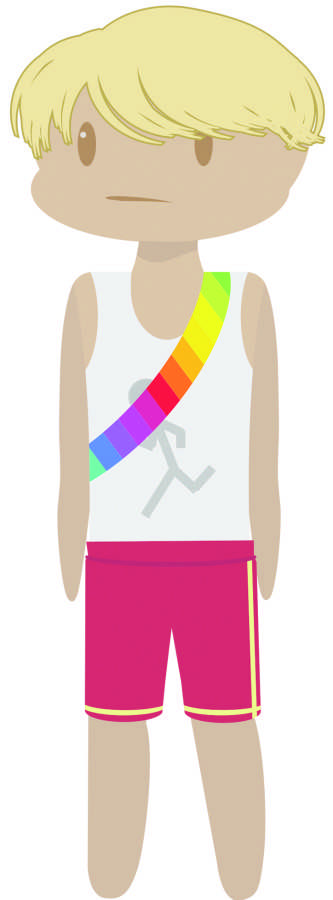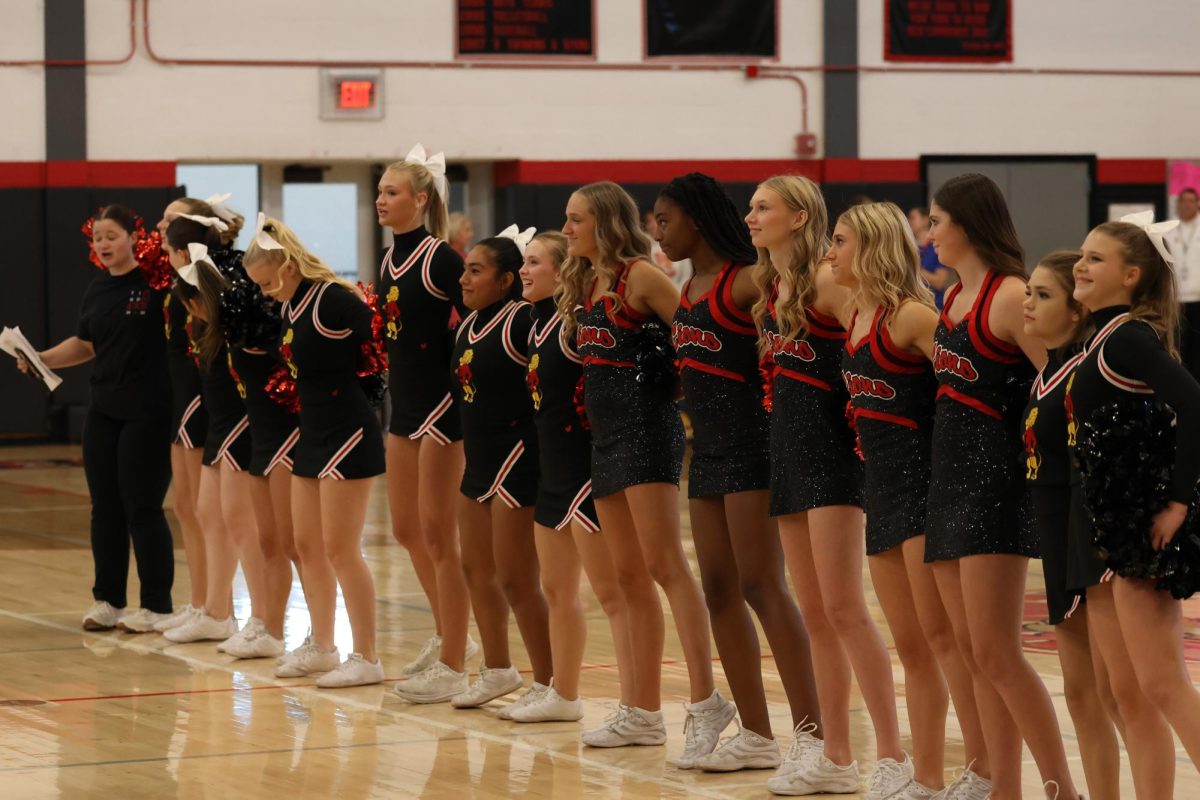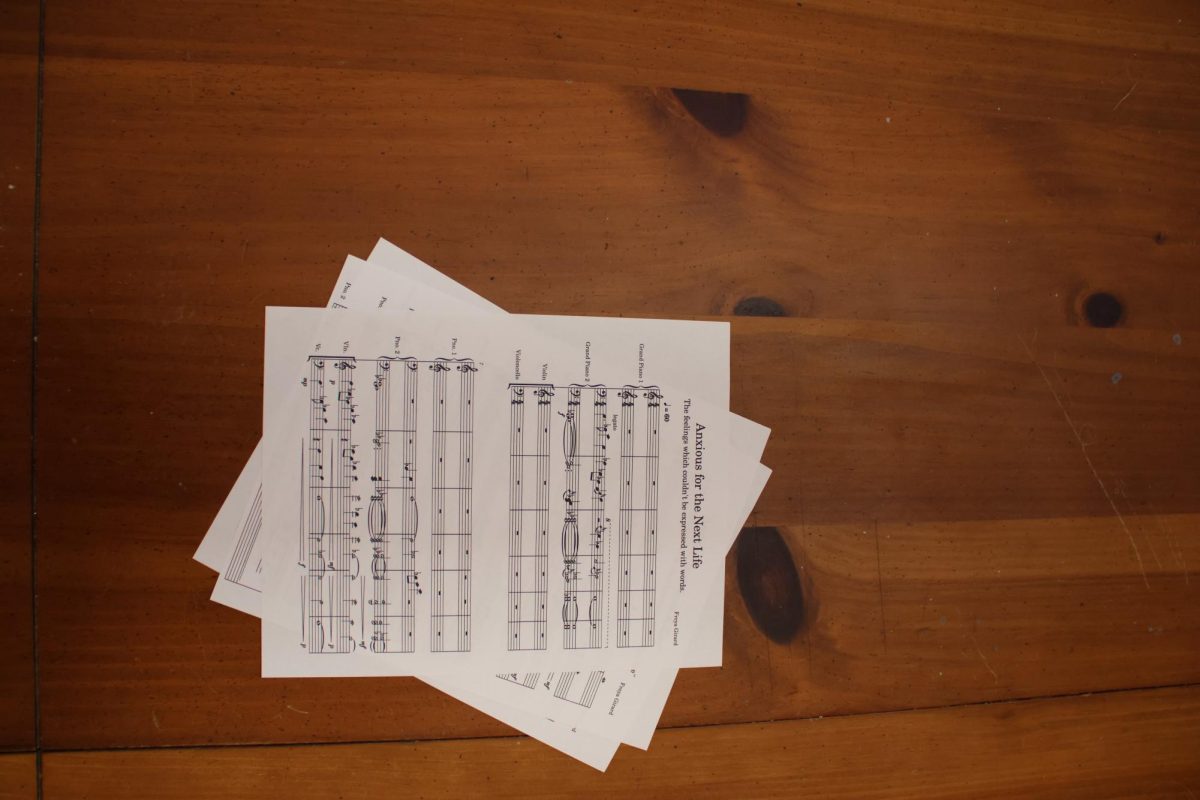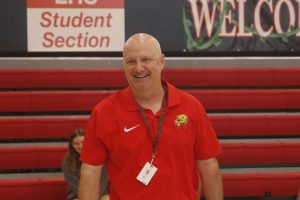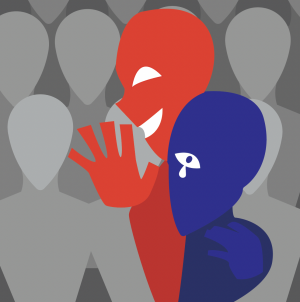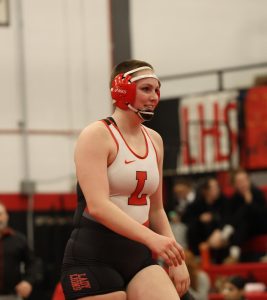Athletes break barriers
Professional, collegiate athletes make public their sexual orientation
March 12, 2014
Society’s norms changed before our eyes recently when society began to see celebrities become comfortable enough to put their sexuality on society’s radar. Whether it be in writing or on the television, you’ve seen professional and collegiate athletes begin to break their silence.
Society as a whole has begun to embrace gay and lesbian relationships for awhile now. Accepting athletes on the field has been a whole other story. Until recently, athletes have lived in the closet in fear of coming out.
Who knew that sexual orientation could determine a player’s worth on the field?
Horrified at the thought there might be a gay athlete entering the National Football League, lobbyist Jack Burkman wants to see gay athletes banned from playing entirely. This move, he says, is necessary to prevent American society from sliding into “indecency.”
In the ’40s people looked at players like Jackie Robinson, who broke baseball’s color barrier, as a disgrace to that sport. Now we look back and find society’s behavior toward those individuals appalling.
Fifty years from now, we are going to look back on gay and lesbian athletes and think: Did we really treat them that way?
As an avid sports fan, it blows my mind when people give so much attention to players’ sexualities. Gay athletes are not a new phenomenon. Coming out and facing the fears of society is the phenomenon.
NFL prospect Michael Sam made a splash in the sports world when he revealed that he is gay. Sam came out early in the season to his University of Missouri teammates with no problems.
Perhaps it’s a more accepting mindset from college and high school athletes that will bring greater openness.
“Trying to ban gay athletes is outrageous,” senior Tim Schraad said. “If people are solely trying to ban them because of their sexual preferences then they should really reconsider everything they know.”
If Sam were to be signed by a NFL team, which analysts think is likely, he would become the first openly homosexual NFL player.
MU students have shown tremendous support for their classmate. On Feb. 15, the students joined hands and formed a human wall to block out angry gay protesters from the Westboro Baptist Church. Students held signs saying, “Stand by Sam” and sang the alma mater until the protesters eventually dispersed.
President Barack Obama has even weighed in on the situation in an interview with Charles Barkley before the National Basketball Association All-Star Game.
“I really like the fact that Michael did it before the draft, because his attitude was, ‘You know what? I know who I am. I know I can play great football and judge me on the merits,’” Obama said in the interview.
After Sam’s announcement, NBA center Jason Collins took the court as the first publicly gay athlete to play in any of the four major North American professional sports leagues. Collins came out as the 2012-2013 season concluded and was not picked up by another team until Feb. 13 — more than six months after the season had begun. Eventually, he signed with the Brooklyn Nets.
NBA commissioner Adam Silver openly support Collins.
“I’m excited for Jason. I’m honored, in so many ways, that the NBA presented to him a comfortable environment in which he both felt comfortable coming out last April, and one in which an NBA team felt comfortable signing him based on his ability, and in no way to make a political statement,” Silver said in an interview with Bleacher Report.
Out of the 88 countries competing in the 2014 Sochi Winter Olympics, it baffles me that there were only six openly gay athletes.
It’s no secret that Russia has no tolerance for the gay and lesbian community. Once the Olympic torch arrived in Russia, so did the gay activists.
After unveiling a banner quoting the Olympic Charter’s ban on any form of discrimination, Russian police shortly gathered the activists and arrested four gay activists in St. Petersburg. According to Russian law, any unsanctioned protests and violators may face fines or prison sentences.
So what is the big deal about gay athletes? The way teams and fans respond to gay athletes’ sexuality raises questions of where society’s morals really lay. Is it really OK for an athlete to drive drunk, physically assault his or her partner or take performance enhancing drugs, but not OK for an athlete to be homosexual?
Athletes should be judged for their talents and not for their sexual orientations.



